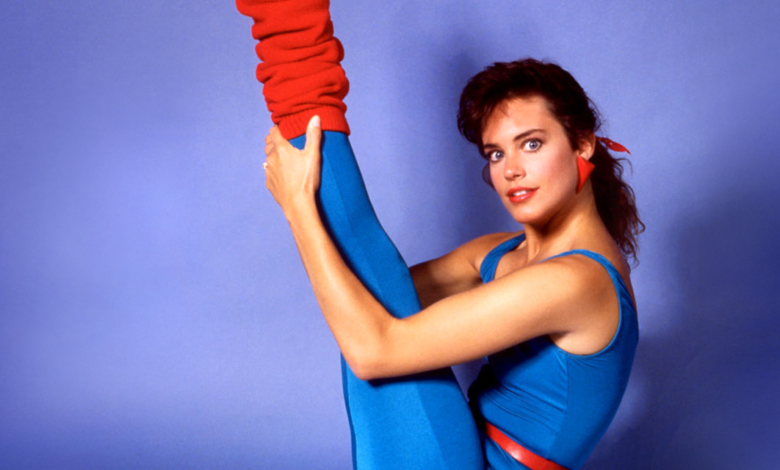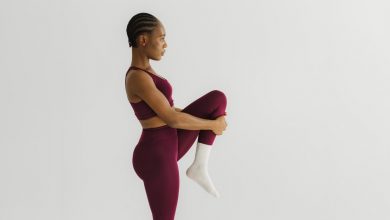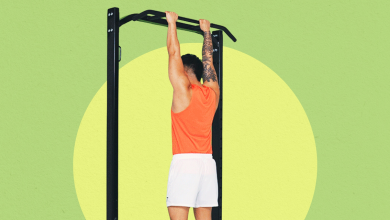10 Fitness Class Rules Every Newbie (and Regular!) Should Know

There’s always an influx of new exercisers into yoga, strength, and other fitness classes when January hits, whether they’re just getting started with movement or are simply dipping their toes into that particular offering. And these newbies often get a bad rap—the regulars often blame them for everything from crowding the rooms to just not knowing what they’re doing. And that, of course, can make it feel very unwelcoming.
As an instructor who’s been through this New Year rush 28 times now, let me tell you straight up: Whether you’re brand new to exercise, have taken a break from it for a while, or were just in another class last week, we want you here! And we want you to keep coming back.
I get it, fitness classes can feel intimidating. But, I promise you, a little forethought and preparation can make the newbie experience feel far more doable—and, dare I say, even enjoyable. If you happen to be one of the new, new again, or new-to-this-type-of-class participants, there are some incredibly helpful “rules” that can turn the experience into a positive one, both for you and for everyone around you. Remember, the better you feel about each session, the more likely you are to want to come back—and we want to keep seeing you there!
1. “On time” isn’t exactly what you think.
This is one of those times when the strict coaching adage, “if you’re on time, you’re late,” is appropriate. Get there early. Please, for the love of whomever is teaching that class, I beg you. Fifteen minutes or more before the posted start time would be ideal.
This is your chance to meet the instructor and get the rundown on any particulars about the session—say, the specific focus for that day or special equipment that you might need to grab—and get your questions answered. It’s also a great opportunity to make them aware of anything going on with your body they should know about (more on that below) as well as get their recs for which dumbbells to start with so you aren’t scrambling to switch out the weights at the last second.
2. Come prepared with the essentials…
There’s nothing worse than a class where you can’t fully participate the way you’d want to, not because you are unable, but because you were unprepared. If you can, try to do a little research beforehand, either by searching the studio’s website, calling the front desk, or talking to people you know who are regulars. Find out what kind of attire is best for the class and if you need to bring anything particular. For example, is it a Pilates class where shoes are not worn, but sticky socks are needed? Is it a treadmill class that requires need running shoes? Is it a hot class, so you’ll want those sweat-wicking leggings and the bigger water bottle? Oh, and if you can fill out your waiver online, do it—this will save a lot of time and hassle day-of.
3. …But hit the pause button if you’re sick.
I’m hoping that we have learned this over the last few years, but, for real: If you are feeling under the weather (and certainly if you’ve tested positive for COVID), please stay home. This should hold true for any and every public space, but it’s especially vital in a small room with lots of people breathing heavily. I beg you, don’t come to class if you’re unwell. You never know who might be at-risk for extra complications or have people close to them who are. Wait until you’re symptom-free (and, if you have COVID, you test negative) before you come back. We (and your body) will thank you for it!
4. Don’t feel shy about sharing any injuries.
Instructors commonly ask new participants if they’ve got anything that doesn’t feel quite right in their bodies or any other considerations they should know about, but if they forget or are distracted by the before-class chaos, a quick mention of what’s going on is helpful so that they are aware and can adjust accordingly. Things like, “I rolled my ankle,” “I’m pregnant,” “I’m just coming back from surgery,” or “I tore all my tendons off the bone” (okay, that last one might be extra personal to me), will allow the instructor to provide necessary modifications in class or give you a heads up in advance of something that you might need to omit.



